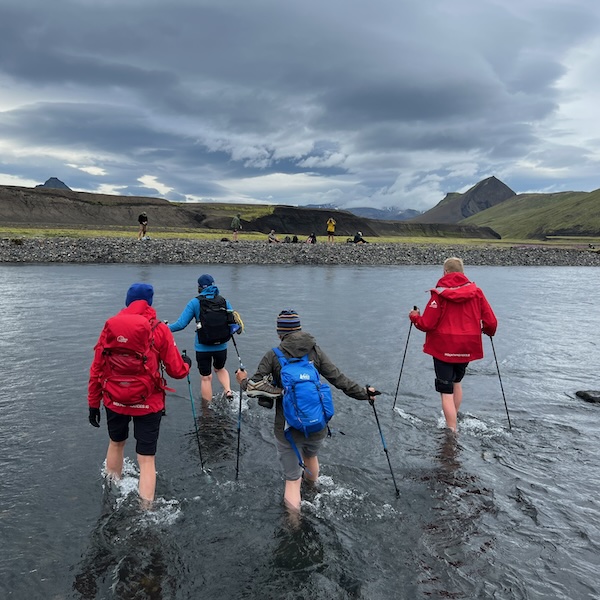
I spent the last two weeks in Iceland, walking and eating and talking with a diverse group of very successful people. The creator of the trip, and the common connection to all of us, was John Mackey. He loves to get his friends together to spend time with them, preferably involving some outdoor activities.
John’s friends run the gamut, but a large percentage of them tend to be what most would consider high achievers. These are people who have built billion-dollar companies, who buy islands, who start new companies like most of us buy a new shirt, who travel by private plane, spend time on a yacht in the Caribbean. They are best-selling authors, experts in their fields, riveting public speakers, Guinness world record holders.
Outdoor activities, and particularly multi-day backpacking trips, are a great way to really have time for some conversations. In our normal hurried life, we just don’t have the hours on end to delve into topics. A trip with John and his friends is always an advanced life seminar.
This trip was broken into two parts. The first part was a backpacking trip, staying in huts (although I took the Whisper and my new Cumulus bag, and opted to use those at night). We were walking all day, although since we had guides, who fed us well, we weren’t hiking nearly as many hours as we would have been on a self-supported trip on a long trail. This afforded plenty of time for conversations, among the clambering through lava fields, gazing at waterfalls, fording glacial rivers, and navigating glaciers. The second part of the trip was more sightseeing, for people who maybe didn’t think fording knee-deep rushing frigid rivers and sleeping in a hut packed in with 50 other people sounded like a fun time. We did a number of day hikes to view some of the plentiful natural wonders of Iceland, as well as some sites of more specific interest. To get to the sites and between lodgings, we spent time on a small bus.
One thing I noticed about most of the high achievers is that they were always busy. When we were hiking, they were engaged in the hike, but they still took advantage of the opportunity. One of them is facing a business decision point coming up, so he took advantage of people with a variety of experience to talk it over with them, and add their wisdom to his. Others would tell you what they were working on, and ask about what you were working on. Some just took the time to connect on a personal level… I discovered another person who matches my ‘genetically fit’ description and we talked about that.
Once we got on the bus for transfer to the hotel or the next attraction, the phones and laptops came out. There was often a card game going in the back of the bus, but I watched as others took important calls for legislation they were working on, wrote copy for a financial newsletter, researched articles regarding healthy eating and living, and generally kept up on current news. I tended to just sit there and let my mind wander. I guess if I had been more productive, maybe this blog post wouldn’t be three weeks late (or 5, technically).
But here’s the thing. For so much of my career, I was trying to make use of every minute. Back then, it was cassette tapes that I played in the car whenever I was driving, which was a fair amount. So now, I feel like the ability to just be present, without listening to something, is a luxury. I still wrestle with feeling like I should be using the time productively, but listening to inspiring podcasts or books. Michael Easter, in his book The Comfort Crisis, makes the case that we’ve done too good a job of killing boredom, and that’s a bad thing. Boredom is what allows our brains to slip into ‘unfocused mode’, mind-wandering if you will. Being in unfocused mode allows our brain to recharge, to relax, and allows important information to surface that is important for our mental health.
John Mackey, though he often listens to books while hiking (unless someone he’s with wants to have a conversation), mentioned that he is studious about under-scheduling his day. He deliberately leaves large chunks of time for ‘goofing off’. Although follow-up questions revealed that this usually translates to reading in a variety of areas of interest. It’s not quite the same as doing nothing, entering that unfocused state, although I bet as he’s reading, there’s a fair amount of mind-wandering as he connects dots with other knowledge he has, and thinks about the ramifications for his businesses and relationships. As the other high achievers in attendance were digesting this, John revealed the secret. He said “For any task, I ask myself, am I the only one who can do this.” If it can be done by someone else, he delegates and empowers them to do it. This is his way of reserving his time and energy for only the most creative, visionary work that he alone can do.
I personally suck at this. I take care of my own spa, when I could pay someone to do it. I do my own yardwork (which is admittedly very limited because of the way I planned the yard), I shovel my own snow. Heck, I bake my own bread, when I could easily buy it from Sparrow Bakery. But for me, I get enjoyment out of those things. Plus, I’m too cheap to pay others to do things that I know how to do… there’s certainly plenty of things, like auto maintenance, that I have demonstrated I do NOT know how to do, and have to hire people to take care of).
So I am faced with dilemma, in spite of being ‘retired’, of forever having more things to do than time to do them. Rather than being frustrated by this, I reframe it as, I’m always doing something I enjoy! I try to focus on the thing I’m doing that I enjoy, and not on the 50 other things that I also enjoy that I’m NOT currently doing.
Apparently I’m not alone in this, as there were excellent recent posts by my friend Brendan Leonard on Learning to Rest, and by Oliver Burkeman on What would it mean to be done for the day? I don’t see Burkeman’s post on his website, so you should probably sign up for his newsletter, as that’s how I received it. But he’s pretty diligent about emails, you could always email and ask him about it. Or, instead of reading those posts, you could just go for a walk outside without your phone…
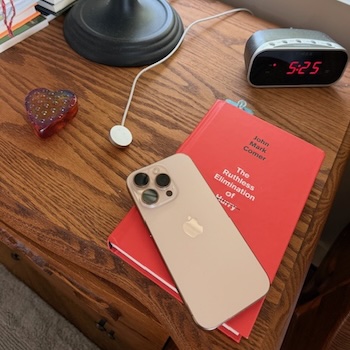
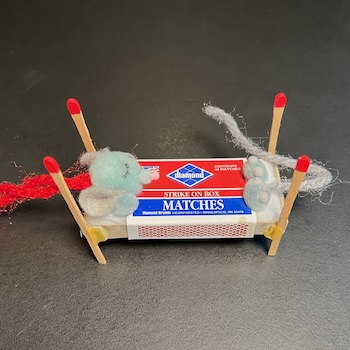

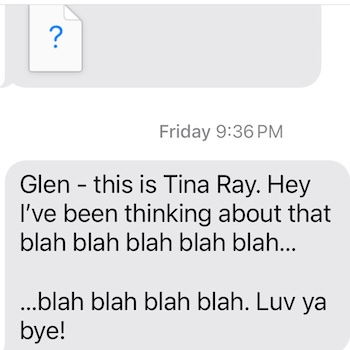
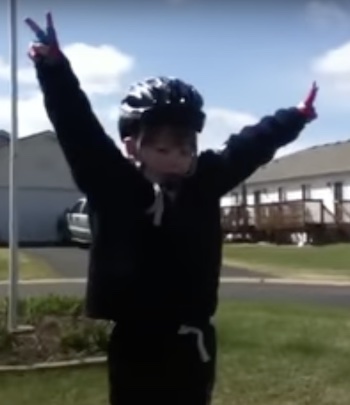
Glen, i have spent much time with very accomplished people (professional athletes, gold medalists, generals, admirals, senior executives, politicians, astronauts, artists, etc.) and i can agree with your observation that they say no to many things. However, that list of no’s often includes their health, family, friends, and at times their personal values… our complex world is very demanding. i chose, with very little regret, my wife, daughters, parents, and siblings over title, power, and wealth.
Quentin, you’re a better man than I, and I wish I had met you sooner (and listened to you). I have been guilty to saying ‘no’ to many if not all of the items on your list in my working days. All I can do now is to fix the priorities going forward… we don’t get a redo.
Thanks, as always for a great letter. I’d be interested in your Iceland packing list!
Best
-greg
Greg, I’m just correcting it now to reflect what the final packing was. I’ll get it to you this week, with comments and observations based on my experience.
Hi, Glen,
It’s a pleasant surprise to run into you on the Fimmvörðuháls Trail in Iceland (7/30/2024). It’s the first time I use my recently purchased Mariposa 60 Backpack for hiking, and thank you very much for producing such a nice gear for outdoor activities. I also sent an email to you with attached photos. Hope our path will cross again in the future.
Best regards,
Wun-Ju Shieh